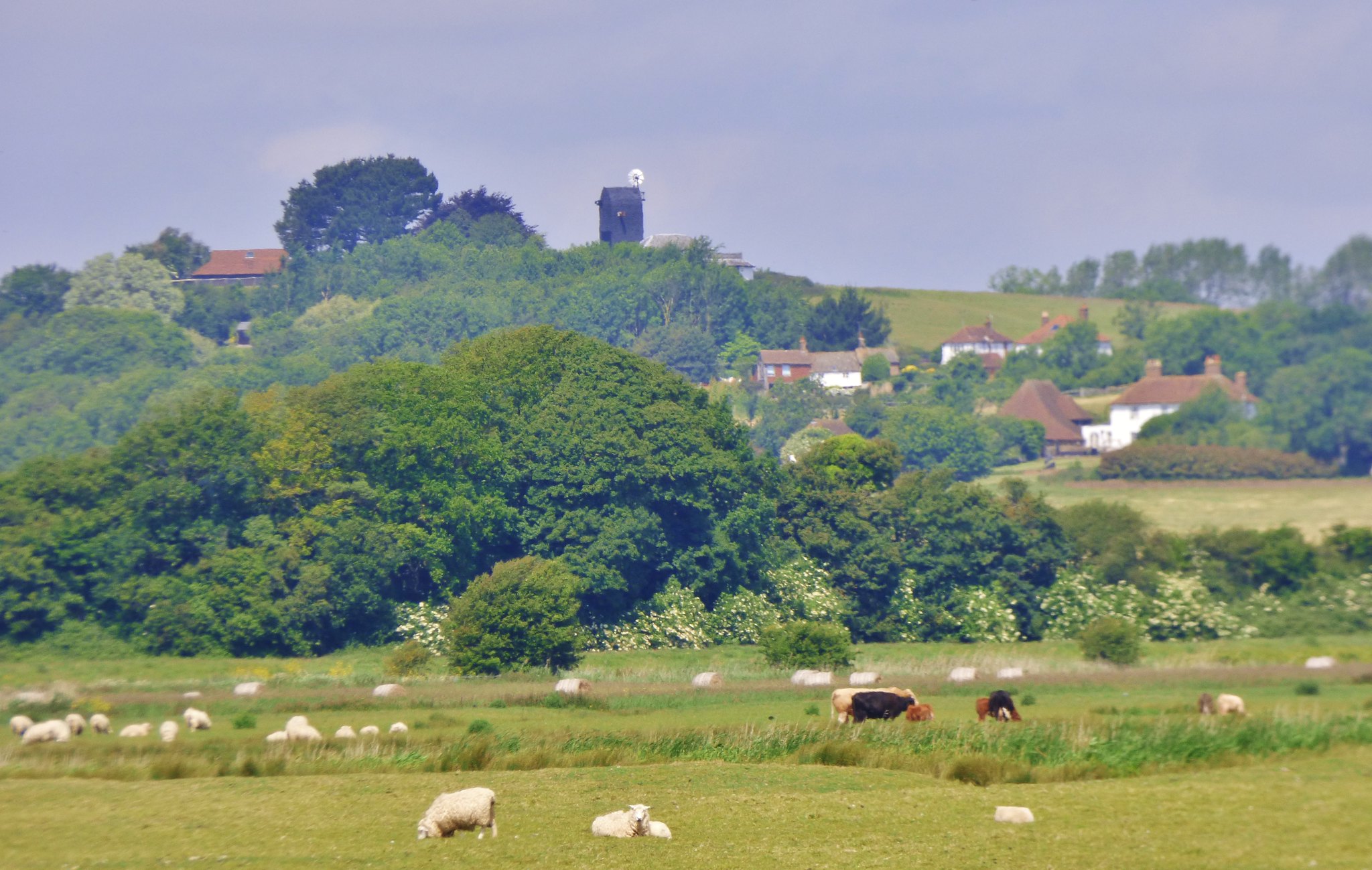Social Housing Act Becomes Law: What Will Change?

Regulations to improve social housing conditions have officially come into UK law after receiving royal assent last Thursday.
The Social Housing (Regulation) Act will impact the four million households, or 9 million people, that live in rented social housing, equating to 17% of all households in England.
Through the Act, The Regulator of Social Housing will be able to conduct regular inspections and have the power to issue landlords with unlimited fines, and social housing managers will be required to have qualifications.
Other parts of the legislation directly respond to campaigning following the Grenfell Tower fire and the death of two-year-old Awaab Ishak after his prolonged exposure to mould.
Polly Neate, chief executive of housing charity Shelter, described the Act as ‘a historic moment’, adding: “This legislation is the result of tireless campaigning by Grenfell United and other activists to improve the way social tenants are treated.”
The Act will ‘right the wrongs of the past’
Tighter regulation on social housing has been heavily campaigned for since the fatal Grenfell Tower fire six years ago.
The fire, which was exacerbated unsafe external cladding, resulted in the deaths of 72 people in 2017.
Since then, a campaign group called Grenfell United, made up of survivors and victim’s relatives, have repeatedly called on the government for stricter regulations on social housing in England.
The group said: “Grenfell should have been the catalyst for change, but it’s taken the government six years to commit to new legislation.
“For six years, we have fought tirelessly for a Social Housing Regulation Bill that will create a legacy for the lives that were lost to ensure they are remembered for the changes that came.”
Thanks to their campaigning, the legislation will require the Regulator to set out a plan for regular inspections of social landlords, which should act as a deterrent to bad practice.
Furthermore, the Act introduces additional consumer standards, including requiring landlords to be professionally qualified and are transparent in providing information to tenants.
Also recognised within the legislation is ‘Awaab’s Law’, which was campaigned for in response to the mould-related death of toddler Awaab Ishak in 2020.
The two-year-old died as a result of a respiratory condition caused by mould in the one-bedroom flat where he lived with his parents in Rochdale, Greater Manchester.
In response to campaigning following his death, Awaab’s Law has been introduced under the legislation, which requires landlords to investigate and rectify serious hazards, including damp and mould and fire safety, within a set timeframe.
Housing Secretary Michael Gove said the Social Housing Act was “an important step towards righting the wrongs of the past.
The Social Housing Act will help to ensure that tenants get the safe, warm and decent homes they deserve – and those who have seriously neglected their responsibilities for far too long will face the consequences.
Polly Neate also said that the Act should “mark a step change in ensuring tenants have homes which are fit to live in, and that nobody’s life is put at risk, as has happened too many times before, from Grenfell to the tragic death of Awaab Ishak.”
She concluded by noting that this Act is not the end of the housing crisis the UK faces.
She concluded: “Social housing has a vital role to play in providing decent, secure homes that are genuinely affordable for people, but to do that it desperately needs more government investment to both improve the existing homes and build new ones.”

